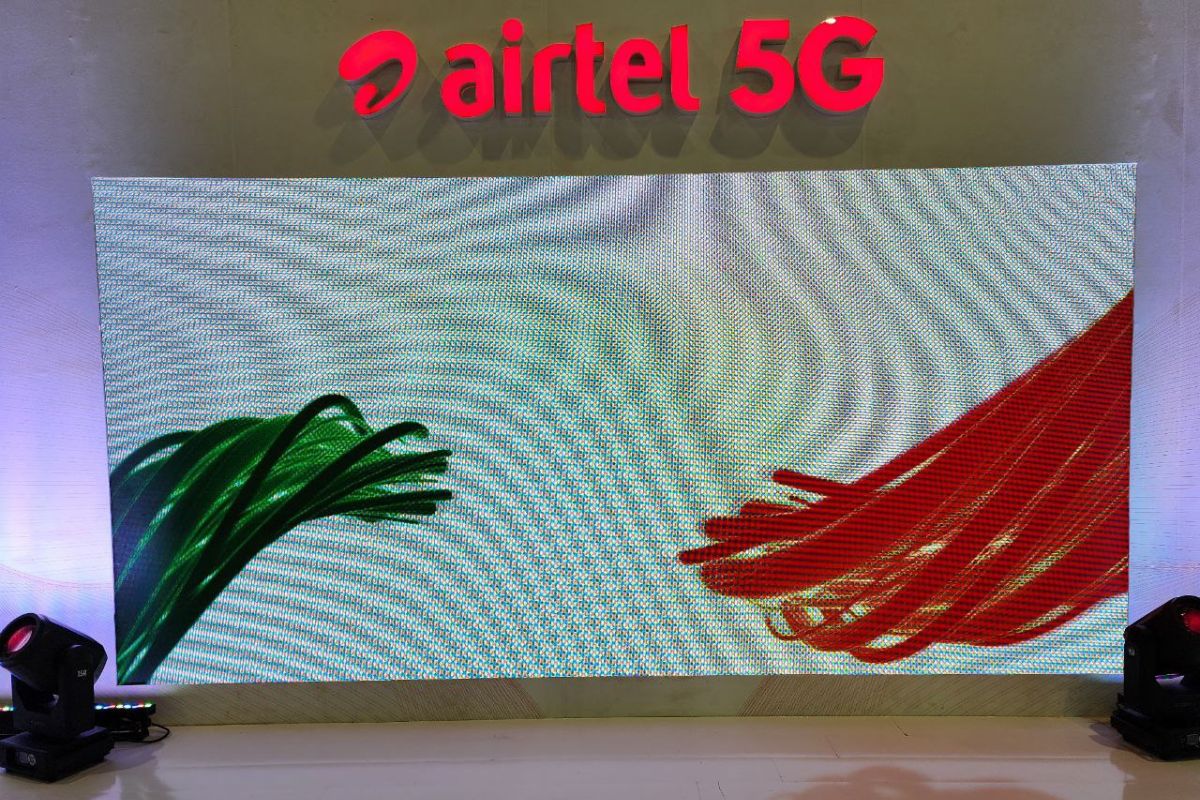
Airtel, along with Nokia, has brought the cultural splendour of Kashi Vishwanath temple and the statue of Unity through the Holographic images demonstrating the benefits of ultra-fast and low latency 5G network. The almost life-like holograms will bring to life the architecture and design of these iconic monuments and temples, replicating the physical experience. With the advent of 5G, Immersive Virtual tourism is expected to help reinvent the Travel & Tourism industry where the masses would be able to see remote places and monuments from the comfort of their homes. In 2019 India recorded 2321 million domestic tourists travelling across the country. This number fell to almost 620 million during COVID when travel for leisure practically stopped.
In 2020, the travel and tourism industry's contribution to GDP was $121.9 billion; the figure is expected to reach $512 billion by 2028.
These use cases are supported by the revolutionary bandwidth of 5G, which will pave the way for thousands of societal and industrial applications. Over the past year, Airtel has led the industry and spearheaded 5G technology in India, testing several use cases with multiple partners at many locations. From demonstrating India’s first 5G experience over a live 4G network in Hyderabad to India’s first rural 5G trial to the first cloud gaming experience on 5G to the successful deployment of India’s first captive private network on the trial spectrum, Airtel has created and nurtured a vibrant ecosystem of partners and start-ups to support faster adoption of next-generation technologies.















